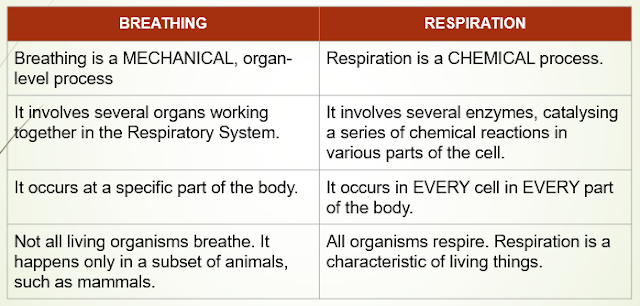IMPACT OF THE ENVIRONMENT ON HUMAN HEALTH [CSEC HSB]
SYLLABUS OBJECTIVES
[E21] discuss the impact of environmental issues on humans;
Humans have a profound impact on the environment in the ways we:
- pollute land, air, and water
- dispose of sewage in rivers or the ocean
- dispose of waste inappropriately in open dumps
- change agricultural practices, such as aggregating small farms or destroying forests for large scale production of cash crops, such as sugar and palm oil.
- burn fossil fuels, causing global warming and climate change.
- Air pollution causes respiratory diseases, such as asthma.
- Water pollution causes water-borne diseases, such as cholera.
- General health is also affected by the environment via food security - our ability as individuals, families, communities, and countries to purchase or grow enough nutritious food.
- Some crops will no longer grow successfully when the average temperature increases and there is less water available due to climate change.
- When fruit and vegetables are less available, higher levels of obesity and type 2 diabetes result.
- Disease, food insecurity, noise and light pollution cause stress, so that mental health deteriorates and blood pressure increases, placing pressure on health care services.
- Health care is expensive, so families sometimes have to decide whether to buy food or seek medical care.
- The quality of housing can also affect mental and physical health.
The Positive Impact of a Healthy Environment
While the benefits of conservation of biodiversity are obvious, there is a growing recognition that enjoyment of the natural world can improve both physical and psychological health in humans.
Access to green space in cities has been linked to longer and healthier lives in elderly people and brings improvements in child development.
Spending time in nature has also been found to help with mental health problems, such as anxiety and depression. For example, research into ecotherapy has shown it can help with mild to moderate depression. This might be due to combining regular physical activity and social contact with being outside in nature.
Ecotherapy:
a formal treatment which involves doing activities outside in nature.

